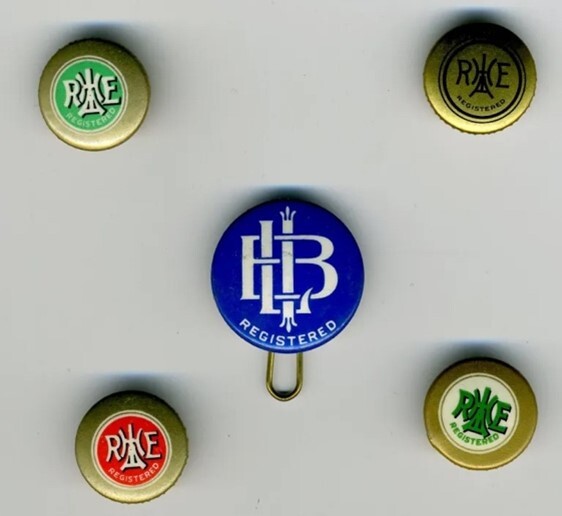Mildred Laitinen

Mildred “Millie” Laitinen worked in restaurants and banquet halls in Butte as a member of the Women’s Protective Union and its successor, the Hotel and Restaurant Union, for 50 years.
Her descriptions of small and ordinary moments build a clear picture of how the union strengthened a woman's place in the workforce.
Born in Minnesota to Finnish immigrants in 1922, Laitinen moved to Butte at 13 to join her mother, also a union member and already working in one of the city's largest boarding houses. For many young women entering the workforce out of high school during the Depression, a dependable job was vital, and in Butte it could most likely be found in one of the many food establishments. Laitinen washed dishes, and later worked as a maid at the Leonard Hotel. Eventually she made her way into the waitressing world. She worked at the Moxom Cafe, where she learned the finer points of waitressing from legends.
Butte's mining economy between the world wars resembled a roller coaster, with four miners' strikes between 1914 and 1934. The WPU was the only safety net for a widowed mother and her daughter.
“Bridget Shea was the walking delegate, and you’ve heard of her,” Laitinen told an interviewer in 1995. “I mean, the bosses used to just kind of quiver when she came around because - and you wore your buttons!...If you didn’t have it on, she’d fine you.”
After marriage to Toyven Laitinen and the birth of their two sons, Laitinen spent much of her work life as a “banquet girl,” a position peculiar to the city's vibrant banquet circuit. The events, whose attendees included governors and presidential candidates, featured service fashioned after the elegant dining rooms of Chicago and New York, with one waitress for a table of eight and choreographed service of every course.
Laitinen enjoyed the camaraderie of the Uptown banquet halls for nearly 30 years, and then switched to the lunch and banquet service at the Butte Country Club.
Laitinen grew up in the union, with her mother extolling its benefits. The WPU empowered it membership by fostering participation. Attendance at meetings was essential. They were twice monthly, one during the day, and one at night to accommodate restaurant shift work. The meetings were well attended, often with hundreds of members, and served as a social outlet as well.
Laitinen and her husband Toyven, a mail-carrier, lived into their 80s and enjoyed a well-earned retirement with grandchildren and travel. She came from a generation that worked hard and felt no job was too small. They took pride in their work no matter what the pay. “He brought home the bacon, and I brought home the bread.”
Images
